During the 11th anniversary celebration of the opposition party APDR on Sunday, Léonce Ngendakumana, former President of the National Assembly, delivered a scathing critique of Burundi’s electoral system. He highlighted its fragility and the significant challenges it poses to the country’s democracy, warning that poorly organized elections are undermining democracy and fostering instability.
“The organization of elections in Burundi is fragile from start to finish, making this crucial pillar of democracy vulnerable. This weakness paves the way for coups and other issues that hinder democratic consolidation,” Ngendakumana said. He also pointed to widespread electoral fraud, which he believes has allowed some politicians to cling to power for personal gain rather than serving the public.
Ngendakumana accused elected officials of prioritizing party loyalty over their duty to represent citizens. “It is difficult for an elected official to think of the people when their main concern is holding onto their seat,” he said, citing an example of a parliamentarian from Cendajuru in Eastern Burundi, who might be reluctant to speak out against government failures for fear of losing their position.
While acknowledging that democracy technically exists in Burundi, Ngendakumana emphasized that it remains fragile. “Democracy is supposed to be ‘by the people, for the people,’ but that is far from the reality here,” he added.
To address these issues, Ngendakumana proposed several solutions. He called for a national debate on democracy, stressing that many politicians confuse elections with true democratic practice. He also advocated for strengthening governance and for all political actors to evaluate and update the country’s democratic framework.
Ngendakumana further proposed that political leaders collaborate to reform the electoral process and build a stronger democratic foundation. He suggested the creation of a “democracy school” to educate citizens on their rights and responsibilities, encouraging active participation in elections.
His remarks come at a critical time as Burundi prepares for a series of elections between 2025 and 2035. Concerns have been raised about the fairness and transparency of the electoral process, particularly following a recent decree from President Ndayishimiye setting legislative elections for June 5, 2025.
“From 2025 to 2035, Burundians will hold five elections. We urge them not to waste time during these elections but to focus on work and assess those who will be elected,” said Gabriel Banzawitonde, chairman of the opposition party APDR, at the anniversary event.

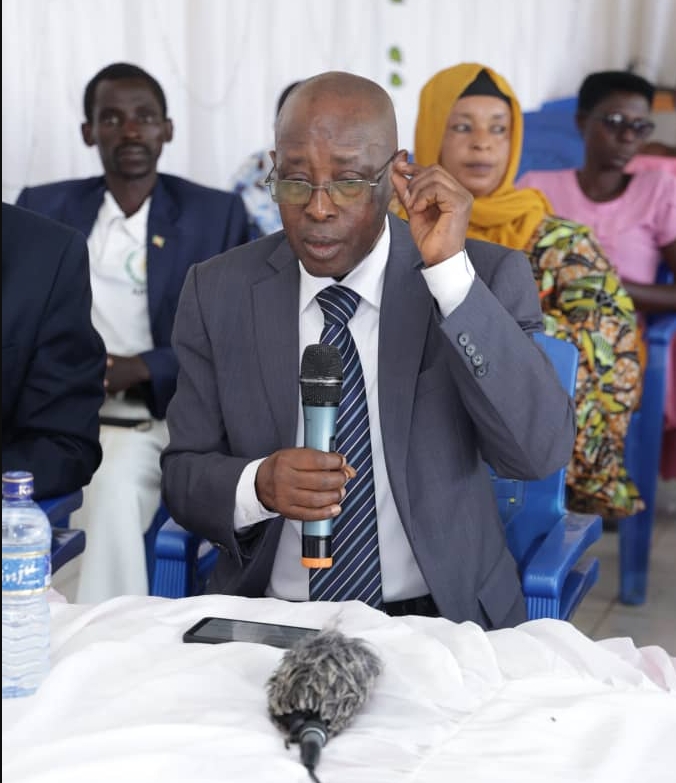
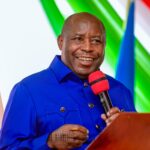
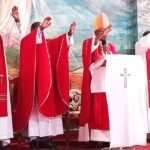
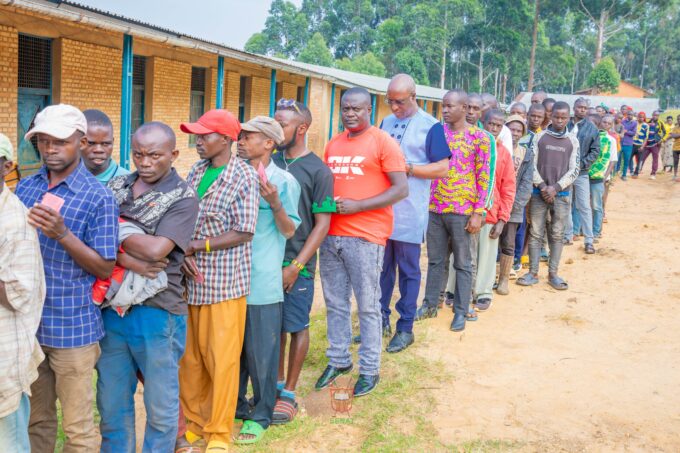
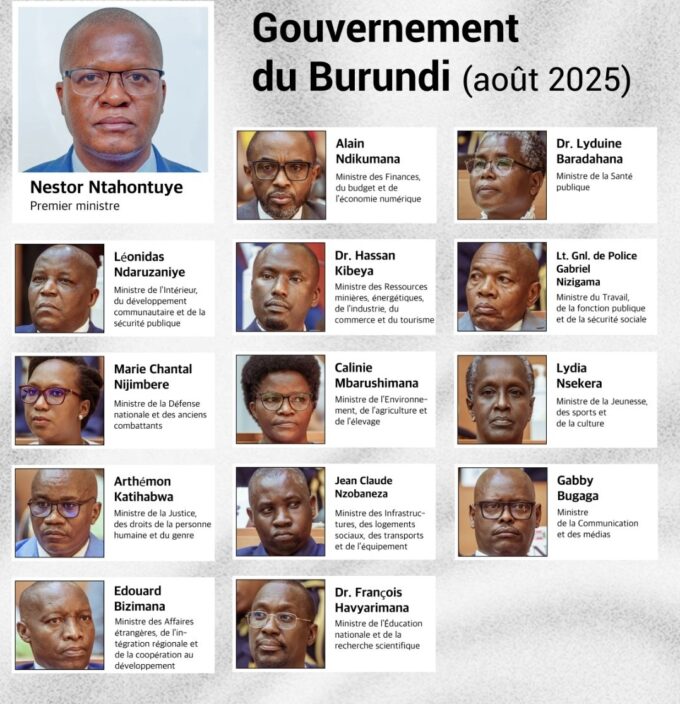
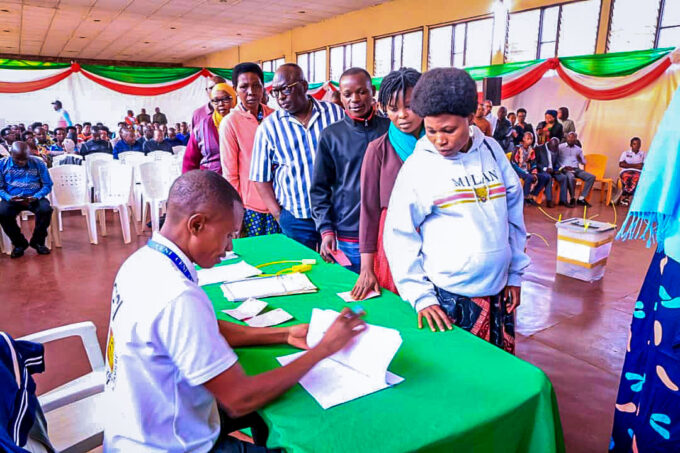
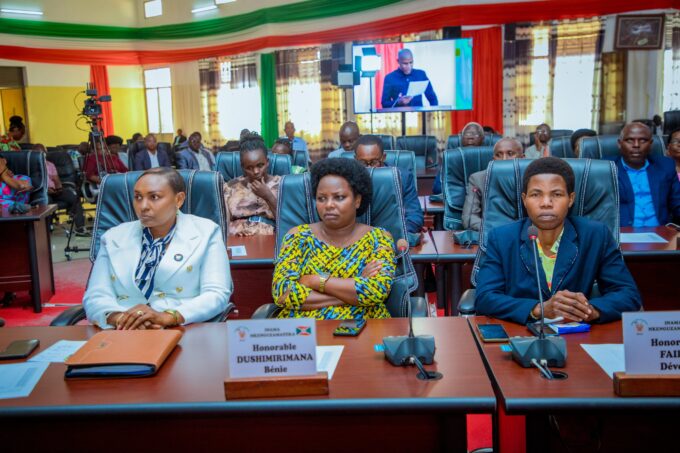
1 Comment